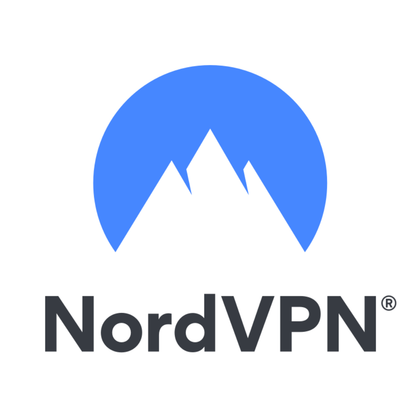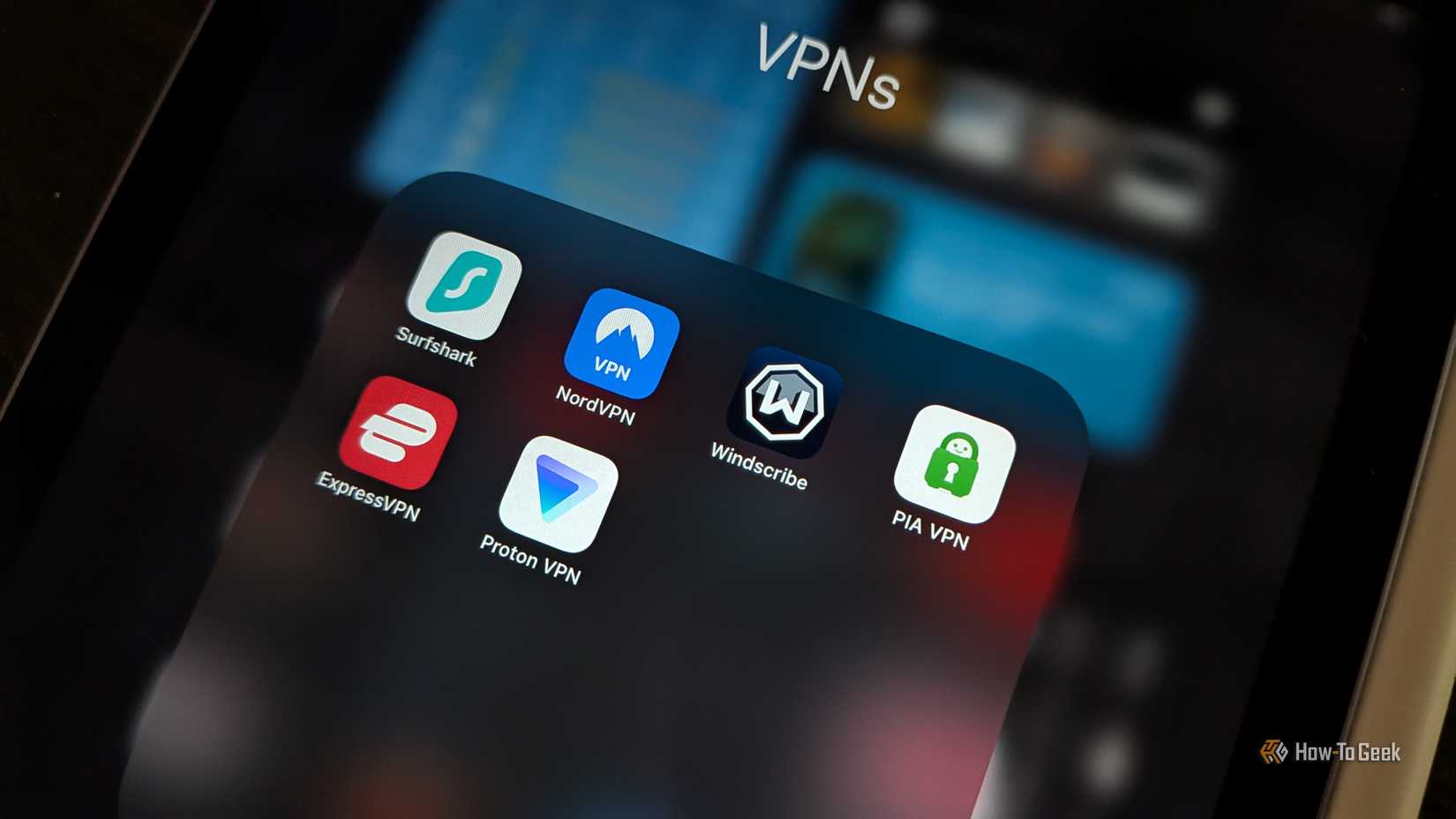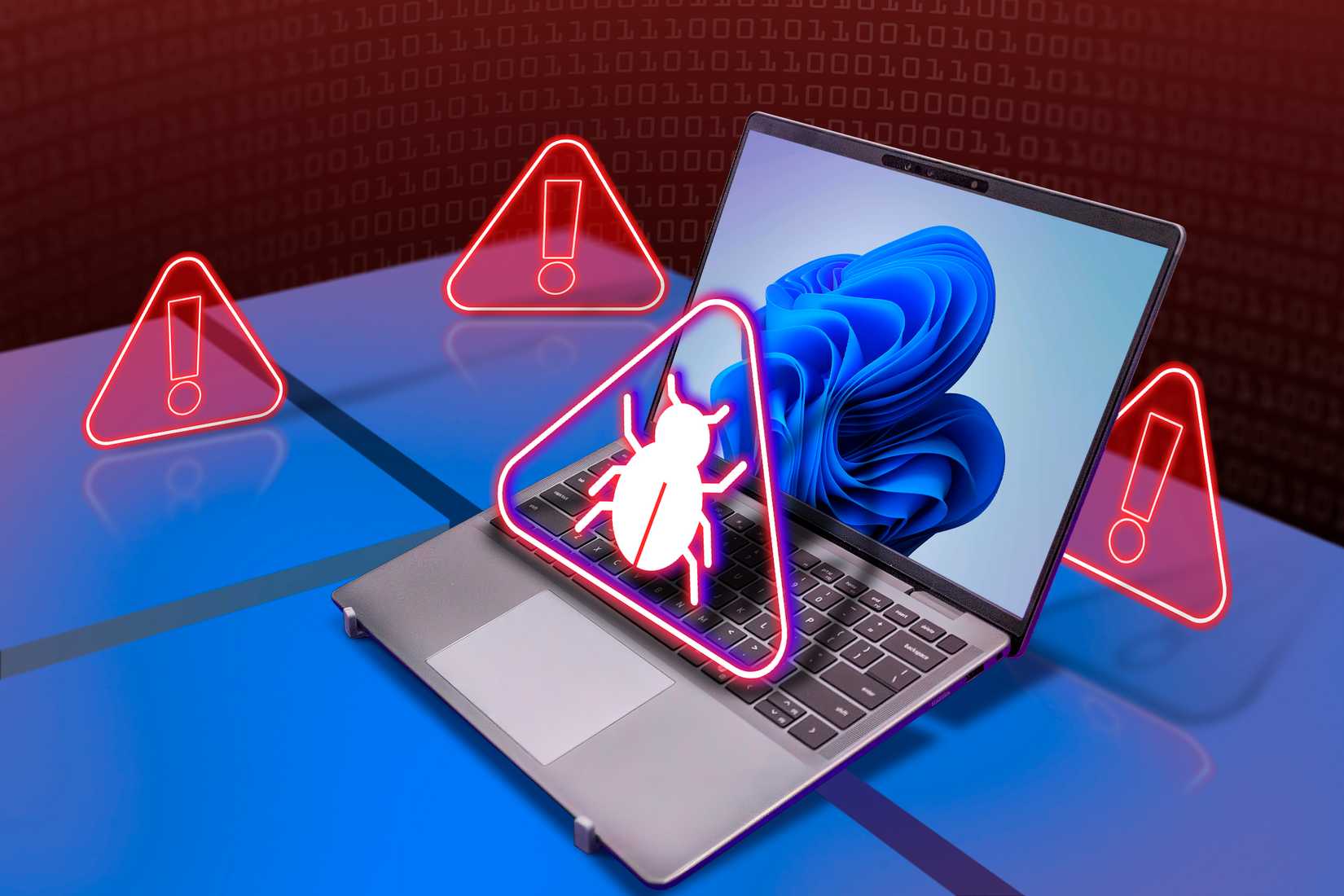Millions of us use VPNs every day to protect our data, browse securely, and access region-blocked content. Yet there are still a lot of outdated assumptions about what exactly a VPN is. Here are some of the most common myths, and what is actually true.

- Logging policy
-
No-log policy
- Mobile app
-
Android and iOS
- Number Of Servers
-
1,000+
- Free Trial
-
30 days
- Encryption
-
DES, RSA, AES
NordVPN is one of the fastest VPN options available. It’s also easy to use and compatible with a variety of devices.
A VPN Makes You Completely Anonymous Online
A VPN doesn’t make you anonymous. It stops your ISP from tracking your online activities, and it hides your IP address from the sites and services that you visit. But there are many other ways in which you can still be tracked.
If you’re logged into your account, Google can still track you in many ways. Log into other sites, and those sites will know what you’re clicking on. If your browser has previously saved Facebook cookies, then Facebook will be able to see you on any site that has one of its Like or Share buttons. And so on.
Even the VPN itself can track you if you haven’t chosen a privacy-focused one.
All VPNs Are the Same
If you need a VPN, it can be tempting to open up your app store or do a quick online search and download the first one that you find. This is a bad idea because VPNs vary wildly. They can differ on speed, performance, security, features, and general trustworthiness. Some prioritize things like streaming or torrenting, while others put privacy at the forefront.
It’s important to do your research before you sign up. Our guide to the best VPNs of 2025 will help you find a service that’s worth subscribing to, whether you want the best of the best or are looking for a cheap or free provider that is still reliable.
Free VPNs Are Just as Good as Paid Ones
Just as not all VPNs are the same, there’s also a marked difference between free VPNs and paid ones.
First of all, there’s the issue of funding. Paid VPNs have a very clear and transparent funding model. It’s your monthly subscription. But free VPNs need to make money from you in another way. Some will inject ads; many others will log your browsing habits and sell that data to third parties.
On top of that, free VPNs tend to be much more limited. They have fewer servers in fewer locations around the world. They might be slower, and there might be limits on how much bandwidth you can use each month.
Some paid VPN providers offer limited free plans you can use in a pinch. But as a general rule, you shouldn’t use free VPNs.
VPNs Protect You From Viruses and Malware
A VPN is typically classed as security software, but it is not an antivirus tool. It encrypts your internet traffic, which helps protect you when using public Wi-Fi, but if you encounter a dodgy website or download an infected file, it won’t help.
Some VPNs do offer limited protection, filtering your traffic to block sites that are known for phishing or delivering malware. But this doesn’t go much beyond the tools that your browser already has.
It’s questionable whether you even need antivirus software anymore. If you do want it for peace of mind, don’t assume your VPN will be enough.
VPNs Always Slow Down Your Internet
There used to be a general rule that using a VPN would slow down your internet. Heavy encryption combined with limited infrastructure on connections that were slower to begin with made them tough to use. It’s a myth that has persisted, even though it’s no longer true.
The big VPN players now have hundreds, if not thousands, of servers all around the world, and use faster modern protocols like WireGuard. You should see no hit on the performance. In fact, if you use an ISP that still throttles certain types of traffic, a VPN could actually speed up your connection.
VPNs Are Only for “Shady” Activity
VPNs sometimes get an unfair reputation as being tools for certain dodgy activities, used by hackers or people doing something illegal. Some governments around the world might even be trying to fuel that reputation because VPNs are the best way to bypass age restrictions on many websites.
But VPNs are entirely legitimate. They provide a level of privacy to protect you from snooping and tracking, and make it safer to use public networks. They make your data and online activities more secure. And they can help you to bypass censorship and region blocks for completely valid reasons, like accessing news and educational resources. Using a VPN is not in any way suspicious.
VPNs Guarantee Access to Any Streaming Library
One of the most common uses of a VPN is to watch streaming services from another country. This might be so that you can access a different region’s Netflix catalog, or maybe get BBC iPlayer in America, or Hulu in Europe. While it often works, it isn’t guaranteed.
Streaming services are constantly trying to block IP addresses associated with VPNs. So even if your chosen VPN works with a service today, you can’t be certain that it will still work tomorrow.
If this is your priority, you should choose a VPN that explicitly states that it works with overseas streamers. You might not get guaranteed uninterrupted coverage, but it should work better than those services that do not mention it at all.
VPNs are powerful security and privacy tools. They encrypt your internet traffic, protect your identity online, and let you access content that is blocked in your region. They’re completely legal (in most countries), but they aren’t magic, and they aren’t all as good as each other. Now you know what is and isn’t true about VPNs, you’ll be able to make an informed decision about whether you need one and which to choose.
This article was produced in partnership with NordVPN.


